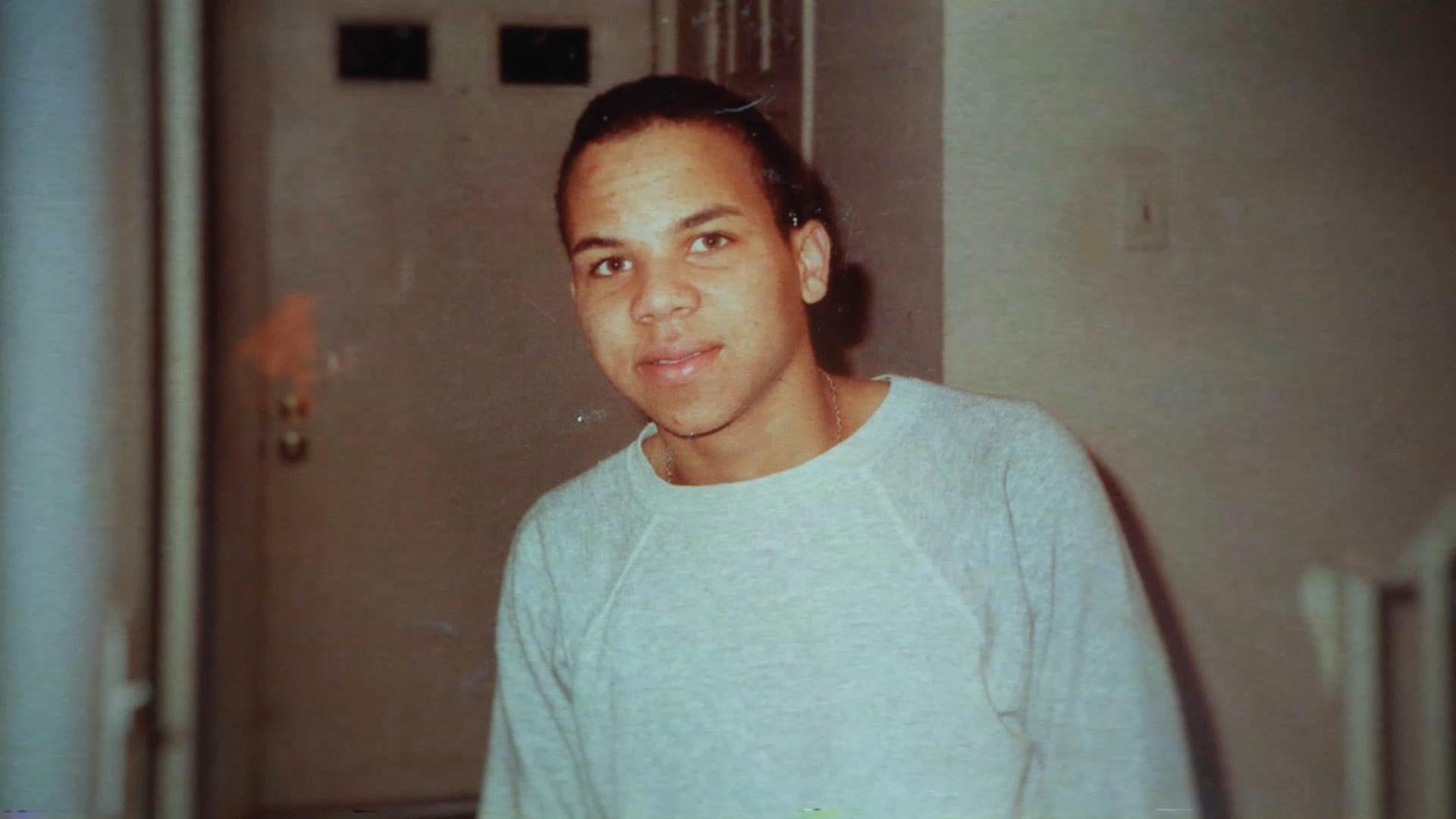
On February 18, Discovery+ will air the original limited docuseries, Uprooted, which tells the story of a 19-year-old Black man who was found hanging from a tree in Silver Spring, MD in 1986.
Authorities ruled Keith Warren’s death a suicide however, Warren’s sister, Sherri Warren claims there is no evidence to support the teen killed himself and that the Montgomery County Police Department conducted an inadequate investigation.
For the past 35 years, Sherri has been seeking justice for her brother and has teamed up with Uprooted Director Avril Z. Speaks and Uprooted Executive Producer Matt McDonough, to tell her brother’s story.
ESSENCE spoke with Sherri, Speaks, and McDonough about why they decided to tell Warren’s story now, why they believe his story is not widely known and what they want viewers to take away from the docuseries.
Sherri, how would you describe your brother Keith?
Sherri: He was a typical older brother. He’s very protective. What’s the word? I thought he was cute. He used to tease me and tell me I was blessed to have a brother that looked as good as he did on the personality spectrum. He was quiet and introverted with people that he’s not familiar with…he was loyal, he was caring. He was someone that you would want to get to know. If he was sitting in a room, he would draw you to him. He was just a great person.
Why do you believe it’s important for Keith’s story to be told?
Sherri: Keith’s story speaks of a justice system that’s broken in Maryland, and it speaks of the injustice in a justice system that should be there to help solve puzzles like his death. So, with regard to Keith specifically, I don’t know for a fact that he did not put himself on trip because I wasn’t there. Right? However, neither was Montgomery County, Maryland. Right? There is not factual, scientific, medical, or any data that shows any physical way that he did it. And it’s important today that people understand that these travesties of injustice are still happening. We thought that we got out of that period with segregation. Well, the idea was that we got out of that period of segregation and civil rights, but it’s still going on and it’s still happening.

Matt and Avril, what inspired you to collaborate with Sherri?
McDonough: I heard Keith’s story on a segment of a true crime podcast five years ago. It was like a five or six minute segment. And it struck me that it was a story that I had never heard before and that I had never heard told. So, we reached out to Sherri and she won us over completely. She won me over personally and spent a long time trying to get this story told because listening to it and not only listening to how her family was treated by law enforcement and by Montgomery County, but how the media had not paid enough attention to her story and to Keith’s story.
Speaks: This story is important to be told, especially right now, is that this story happened. When Matt first approached me about directing this, I was struck by the fact that I used to live in Silver Spring… this was just something that a lot of times I think people think things like this only happen in certain areas. But here you have this family in Silver Spring, in the suburbs, that this terrible thing happened and nobody knows about it. And I thought that that was an interesting story, a compelling story that I felt the fact that there is still no closure to this story, even to this day, is all the more reason why it needs to be told.
Sherri, you mentioned that when seeking answers into your brother’s death, you received a lot of resistance from the Montgomery Police Department. Why do you think that is?
Sherri: I believe because my brother was Black. I believe that in 1986, you have a Black man strung up on a tree, and they didn’t want to be bothered. They spent more time chasing after a lost police dog. They spent more sweat equity trying to find a lost police dog in Montgomery County Police Department literally brought a psychic in to find a dog. But you couldn’t even take time to sit down and give my mother the respect that was due to her as a taxpayer one and as a grieving mother, two, to answer questions that were there in regards to her child being up on a tree.
Avril, how is Keith’s story told in the docuseries?
Speaks: I think in terms of the storytelling, Matt and I had talked about wanting to anchor the story in Sherri’s point of view, as the sister and the person who is currently carrying out this fight. Another thing that was really important to me is seeing Keith as a person. Sometimes when you get stories like these, especially in the true crime genre, it’s like this crime happened, and now it’s who done it. We got to figure out what happened. It was just really important to us to show Keith as a person.
Sherri, what do you want people to take away from this docuseries?
Sherri: [It is important] to know how to navigate the judicial system in order to see justice served.
The Uprooted team will be hosting a screening of the docuseries on Feb. 16 at the AFI Silver Theatre and Cultural Center located in Silver Spring, MD beginning at 6:30 P.M. E.T.